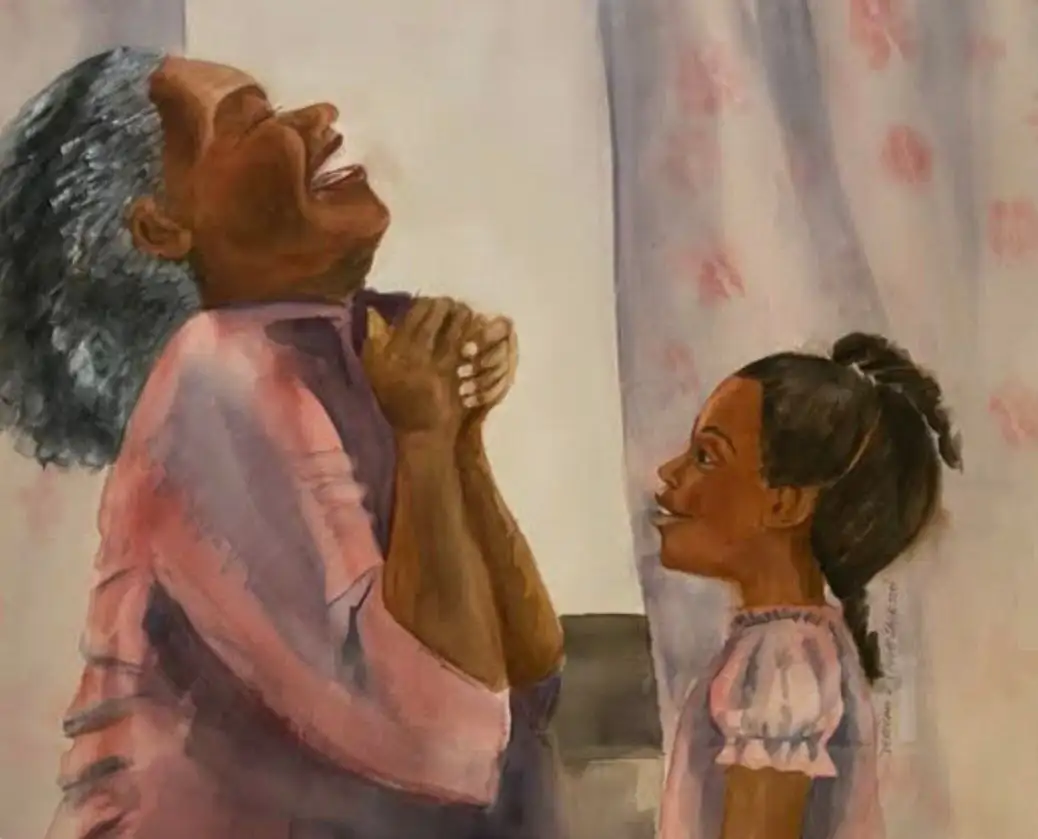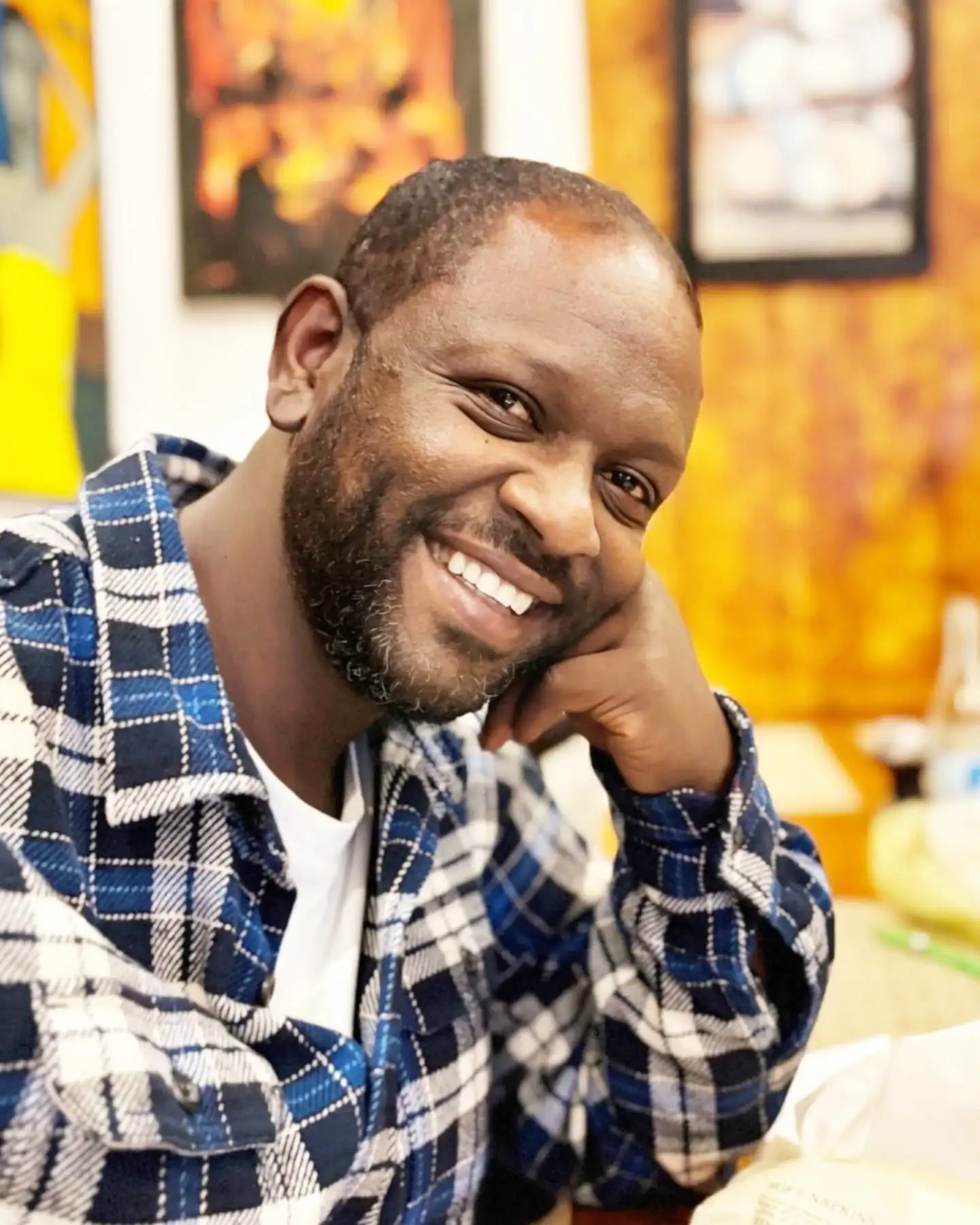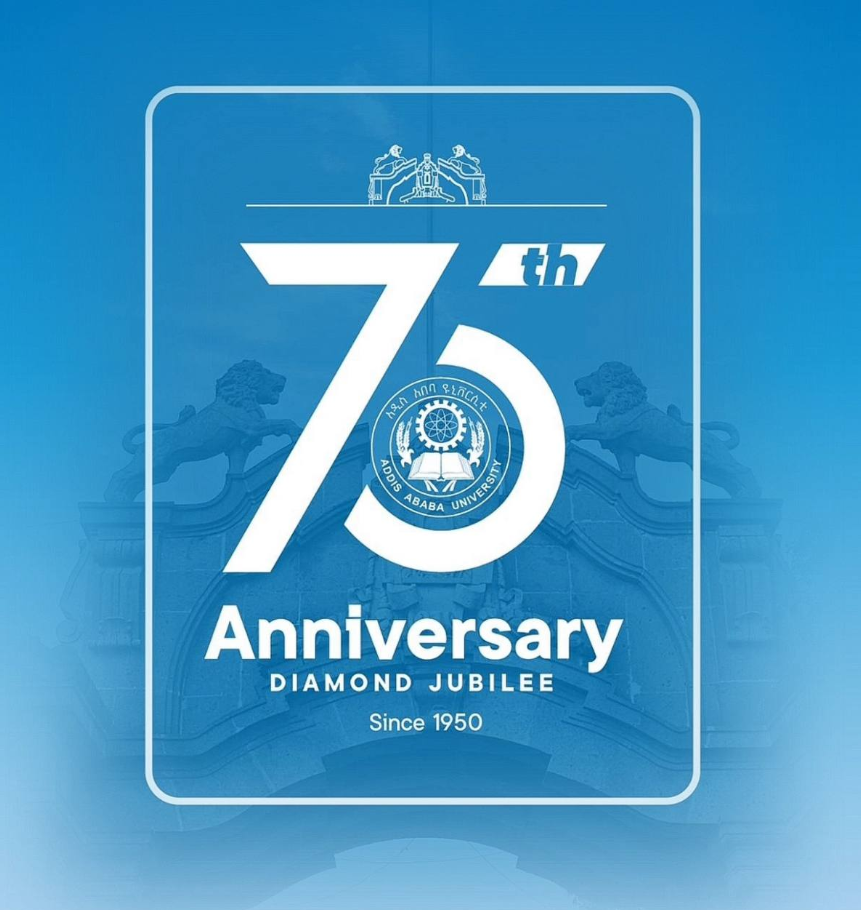By: Hawi Bussa
If you want to know what it feels like to travel through time without leaving your chair, sit with an elder long enough for them to forget about the clock. The world will start to shift around you. The air becomes slower. Their words carry the weight of years you have never lived, and yet, somehow, you feel them as if they were your own.
We live in a time when speed is the currency. Our days are measured in notifications, and our stories are compressed into thirty-second clips. We scroll past a thousand lives in the time it takes to stir our coffee. We document everything except the hours that cannot be made aesthetic, the ones where we are simply present with another human being. In that race, it is easy to forget that there are libraries walking among us. They are dressed in worn sweaters and soft eyes, their shelves stacked with love and loss and laughter, and their stories are not searchable on the internet.
For me, that library is my grandmother. my mother’s mother and the only grandparent I have left. I did not grow up with her. I lived abroad for much of my life, and the ocean between us was more than just physical distance. Now that we live closer in proximity, I visit her often. I sit on the couch beside her, and I listen. She tells me about her childhood, about a time when letters were treasured and walking miles was an ordinary part of the day. She tells me about her first home, the way she met my grandfather, the nights when the radio was the centerpiece of the neighborhood. These are not just her memories. They are threads that stitch me into a history I almost lost. Every visit feels like a small rescue mission, saving stories before they slip away.
Spending time with elders is not a polite gesture. It is a deep act of grounding. Their memories are not just recollections but landscapes. They have stood in rooms where history happened and have lived through seasons where the future was uncertain. They can tell you about a world before your world, a world without your assumptions, and sometimes without your freedoms. And in their telling, you realize you are not as far removed from those times as you thought.
There is something sacred in watching an elder recall the details of their youth. The way their voice slows as they choose the right word. The sudden brightness in their eyes when they remember a song from their childhood or the smell of their mother’s cooking. These moments are not performances. They are living threads connecting you to people you have never met and to places you have never been.
Millennials and Gen Z often treat wisdom like something you can Google, but there are truths you cannot swipe for. You have to sit in the same room with them, feel the texture of their pauses, and let their stories sink into the marrow of your own. This kind of knowing cannot be rushed. It asks for patience. It asks for silence. It asks for the humility to learn that the world did not begin when you arrived in it.
In a time when our attention is scattered, elders have the ability to gather us. They remind us that life is not always about building something new. Sometimes it is about carrying something old with care. When we take the time to listen, we are not only honoring them. We are becoming vessels for the stories that will outlast us.
One day, we will be the ones with worn hands and a slow voice. The question is whether we will have stories worth telling, and whether there will be anyone willing to sit and hear them all the way through. The time to teach that is now, while the time machine is still working and the doors are still open. All it takes is the decision to close the app, make the call, walk through the door, and take a seat.




